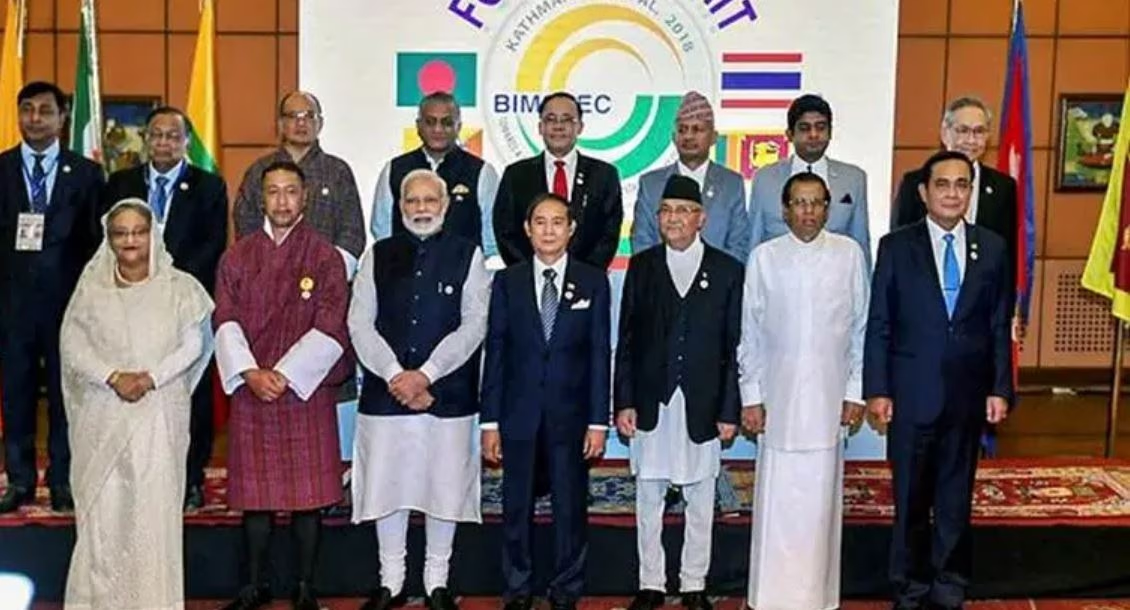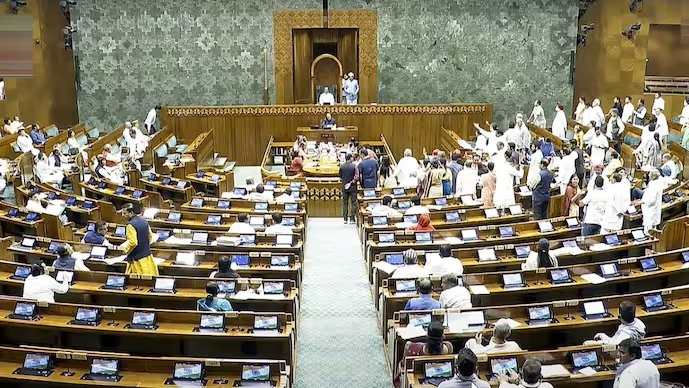The sixth summit of the Bay of Bengal Initiative for Multi-Sectoral Technical and Economic Cooperation (BIMSTEC) is set to take place on April 4 in Bangkok. Prior to this, senior officials' meetings on April 2 and foreign ministers' meetings on April 3 will be held. Prime Minister Narendra Modi will be departing for Bangkok on Thursday to attend the summit.
The Sixth Summit in Bangkok
The event is being held three years after the last summit in Colombo (March 30, 2022) and is themed 'Prosperous, Resilient, and Open BIMSTEC', showcasing the platform's dedication to regional integration and economic cooperation. With an extensive agenda, the summit aims to bolster collaboration among the seven member countries, Banglaadesh, Bhutan, India, Myanmar, Nepal, Sri Lanka, and Thailand, addressing common security and developmental challenges.
Key Features of the Summit
The summit encompasses adopting the declaration of the 6th BIMSTEC Summit, highlighting the leaders' visions and directions. Additionally, it includes the historic Bangkok Vision 2030, which serves as the first strategic roadmap to enhance future cooperation. A significant step towards regional connectivity entails leaders signing an agreement on maritime transport cooperation, intending to expand trade and travel along the Bay of Bengal.
The Purpose of BIMSTEC
Amid increasing geopolitical and economic uncertainties, the 6th BIMSTEC Summit aims to solidify the organization's role as the primary regional platform for cooperation in the Bay of Bengal. With five South Asian and two Southeast Asian countries, BIMSTEC is poised to become a dynamic and influential player in regional affairs.
Since its establishment in 1997, BIMSTEC has convened five summits in Bangkok (2004), New Delhi (2008), Nay Pyi Taw (2014), Kathmandu (2018), and Colombo (2022). The organization focuses on seven key areas, including agriculture and food security, connectivity, environmental and climate change, people-to-people exchanges, science and technology, security, trade and investment, alongside eight sub-sectors which comprise the blue economy, disaster management, and health.
India as the Most Influential Member
Experts believe this BIMSTEC summit will shape its strategic direction, ensuring it remains a crucial force for economic development, security cooperation, and sustainable growth in the Bay of Bengal region. India, one of BIMSTEC's four founding members, leads regional cooperation in security, energy, and disaster management.
As the largest contributor to the BIMSTEC Secretariat's budget (32 percent), India hosts two BIMSTEC centers: the BIMSTEC Weather and Climate Centre in Noida and the BIMSTEC Energy Centre in Bangalore. Proposals for three more centers of excellence in agriculture, disaster management, and maritime transport have also been suggested.

Source: aajtak
Preparing to Challenge China
The Neighborhood First Policy, Act East Policy, and SAGAR (Security and Growth for All in the Region) Vision reflect India's robust bilateral ties with BIMSTEC countries. With the Bay of Bengal region at a crossroads, India's commitment ensures BIMSTEC evolves into an active forum, harmonizing cultures and economies for a shared prosperous future.
India's focus shifted from SAARC to BIMSTEC due to obstacles from Pakistan, causing SAARC to become inactive post-Uri attacks in 2016. With intentions to counter China's dominance and expansion in the Bay of Bengal, India prioritizes BIMSTEC. If India leads this platform effectively, it may hinder member nations from aligning with China, empowering India to lead BIMSTEC and potentially Asia.
Strengthening Bonds with Member Nations
India stands as the world's fifth-largest economy and the largest economic force within BIMSTEC. By fostering collaboration among session members, India aims to strengthen relations with its eastern neighbors, potentially posing a challenge to China. Strengthened ties with these countries may prompt them to prioritize India's interests over China, reconsidering their alignment before endorsing any Chinese projects.




